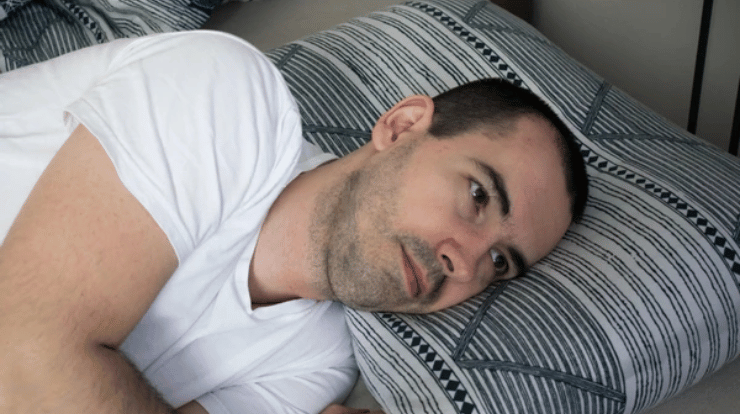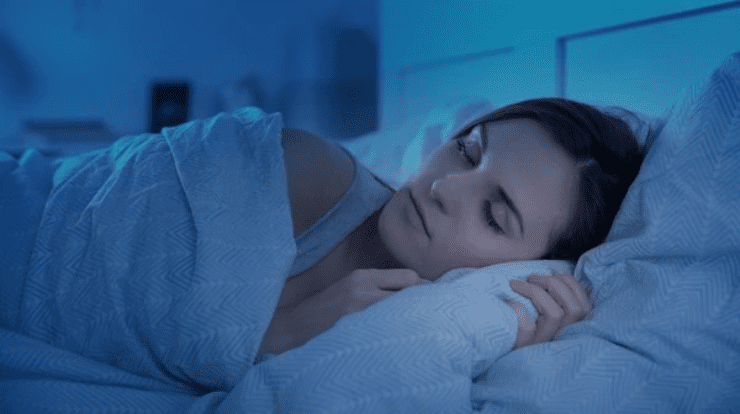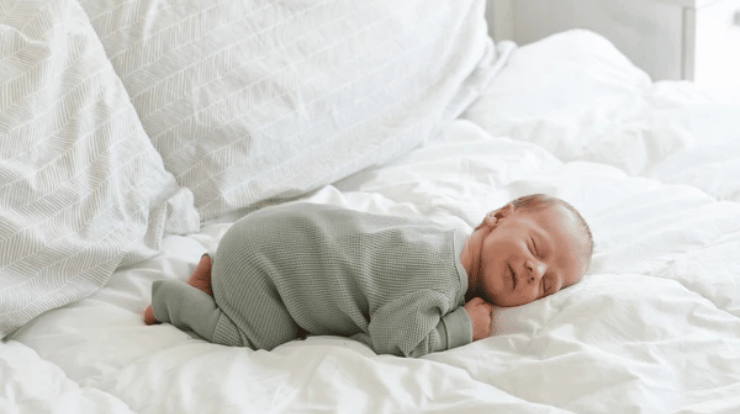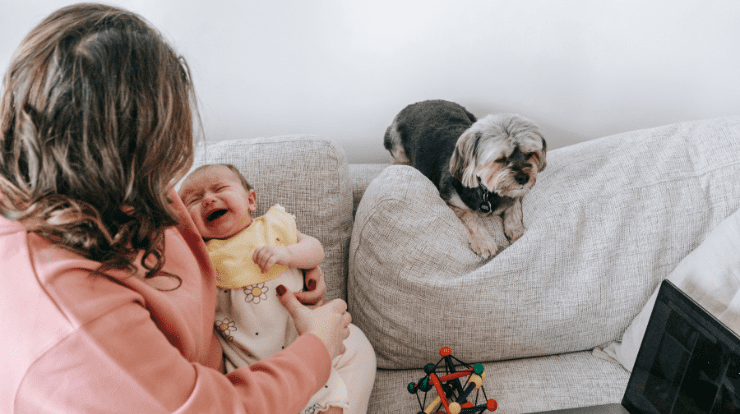
Sleeping with your eyes open, also known as nocturnal lagophthalmos, is a condition where one or both eyes do not fully close during sleep. This can happen due to various reasons, such as nerve damage, muscle weakness, or a medical condition. While it may seem like a rare occurrence, it is more common than you might think. In fact, studies suggest that about 20% of the population may experience some form of nocturnal lagophthalmos at some point in their lives.
In this guide, we will explore the causes, symptoms, and treatment options for sleeping with your eyes open. We will also discuss some tips for managing this condition and improving the quality of your sleep. So, whether you are experiencing this condition yourself or are simply curious, read on to learn more.
Can You Sleep With Your Eyes Open?
No, it is not possible for humans to voluntarily sleep with their eyes open. When we sleep, our eye muscles relax, and our eyelids close to protect our eyes from drying out or getting damaged. Some medical conditions or medications can cause a person’s eyelids to remain partially open during sleep, a condition called “nocturnal lagophthalmos.”
Causes of Sleeping with Your Eyes Open
There are several reasons why someone might sleep with their eyes open. Here are some of the most common causes:
1. Facial nerve damage:
The facial nerve controls the muscles that allow us to close our eyes. Damage to this nerve, which can occur due to injury, infection, or surgery, can make it difficult or impossible to fully close the eyes.
2. Thyroid eye disease:
Thyroid eye disease is a condition in which the thyroid gland produces too much hormone, leading to swelling and inflammation of the tissues around the eyes. This can cause the eyelids to become stiff and difficult to close.
3. Eyelid surgery:
Surgery on the eyelids, such as blepharoplasty, can sometimes result in difficulty closing the eyes fully.
4. Trauma or injury:
Trauma or injury to the face, head, or eyes can cause damage to the facial nerve or eyelid muscles, making it difficult to close the eyes.
5. Aging:
As we age, the muscles and tissues around the eyes can weaken, making it more difficult to close the eyes fully during sleep.
Symptoms of Sleeping with Your Eyes Open
The most obvious symptom of sleeping with your eyes open is, of course, open eyes during sleep. However, there are several other symptoms that may be associated with this condition, including:
- Dry Eyes: Sleeping with your eyes open can cause the surface of the eyes to dry out, leading to discomfort, redness, and irritation.
- Eye Fatigue: Keeping your eyes partially or fully open during sleep can cause eye strain and fatigue, leading to headaches and other discomforts.
- Light Sensitivity: Nocturnal lagophthalmos can make your eyes more sensitive to light, leading to difficulty adjusting to bright lights in the morning.
- Eye Infections: Sleeping with your eyes open can increase your risk of eye infections, as the open eyes can be exposed to dust, debris, and other irritants.

Treatment Options for Sleeping with Your Eyes Open
The treatment for sleeping with your eyes open will depend on the underlying cause of the condition. Here are some common treatment options:
- Eye Drops: Using eye drops before bed can help keep the surface of the eyes moist and prevent dryness and irritation.
- Eyelid Tape: Eyelid tape can be used to keep the eyes closed during sleep. This can be especially helpful for those with muscle weakness or nerve damage.
- Eye Mask: Wearing an eye mask can help block out light and prevent eye strain during sleep.
- Surgery: In some cases, surgery may be necessary to repair nerve damage or correct muscle weakness.
Tips for Managing Sleeping with Your Eyes Open
- Eyelid weights: Eyelid weights can be attached to the upper eyelids to help them close more fully during sleep.
- Eye drops or ointments: Eye drops or ointments can be used to lubricate the eyes and prevent dryness and irritation.
- Surgery: In some cases, surgery may be necessary to repair damage to the facial nerve or eyelid muscles.
- Sleep masks: A sleep mask can be used to cover the eyes during sleep, helping to keep them closed.
- Lifestyle changes: Making changes to your sleep environment, such as using a humidifier or avoiding sleeping on your back, can sometimes help reduce the symptoms of nocturnal lagophthalmos.
Baby sleeping with eyes open
It is not uncommon for babies to sleep with their eyes partially open, which is also known as partial eyelid closure. In fact, many newborns and young infants sleep this way, as their eyelid muscles are still developing and they have not yet learned to fully control them.
Partial eyelid closure during sleep is generally not a cause for concern in babies, as it is a normal part of their development. However, if you notice that your baby consistently sleeps with their eyes fully open, or if their eyes appear to be dry or irritated, it may be a good idea to consult with a pediatrician or ophthalmologist to rule out any underlying issues.
It’s important to note that some babies may develop a condition called congenital ptosis, which is a drooping of the upper eyelid that can interfere with vision. Congenital ptosis can be caused by a variety of factors, including genetic factors, nerve damage, or muscle weakness, and it may require treatment with surgery or other interventions.
If you are concerned about your baby sleeping with their eyes open or notice any unusual symptoms, it is always best to consult with a medical professional. They can help assess your baby’s condition and provide guidance on any necessary treatment or intervention.






